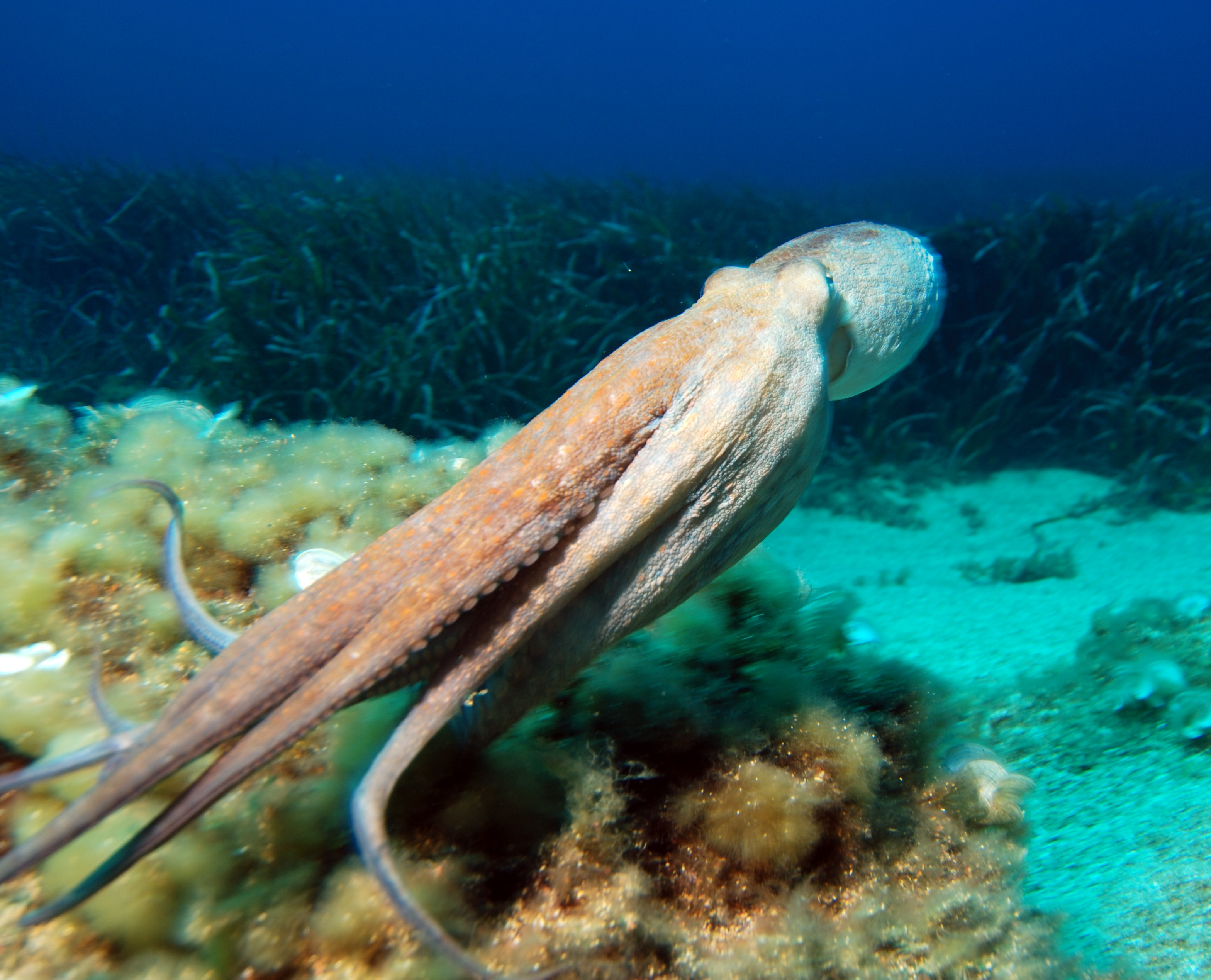Octopuses hit the science headlines this week, with the news that, contrary to popular belief, all species of these soft-bodied, eight-armed denizens of the deep are in fact venomous, solving the enduring maritime mystery of how octopuses kill their prey.
 The same goes for the octopus's cousins the cuttlefish and some squid too.
The same goes for the octopus's cousins the cuttlefish and some squid too.
But they are all harmless to people, except for the stunning but lethal blue-ringed octopus, a tiny creature at around 15cm, which lurks in tropical coral reefs.
In a study published in the Journal of Molecular Evolution, Byron Fry and from the University of Melbourne in Australia led a team of scientists on octopus collecting expeditions to Australia's Great Barrier Reef, and the waters of Hong Kong and Antarctica.
As well as finding venom proteins in many different species of cephalopod (a class of molluscs that includes octopus, cuttlefish and squid) the team also pinpointed the genes that code for these proteins and discovered that among all the various species, the venom gene was inherited from a single common ancestor.
It turns out that octopus venom is very similar to proteins in other animals like snakes. All these different animals evolved independently but came up with a similar way of creating a toxic molecule. This new octopus discovery sheds light on what makes certain molecules venomous and should pave the way for the development of new drugs for treating pain, allergies and cancers.
And it means that we finally know how octopuses kill their prey: They grab a tough-shelled crab with their suckered tentacles, pierce its shell with their sharp beak then use their venom to kill their victim.
But it leaves us with the eternal conundrum: What is the plural of octopus? Is it octopuses? Octopi? Octopodes? Or perhaps octopussies?










Comments
Add a comment